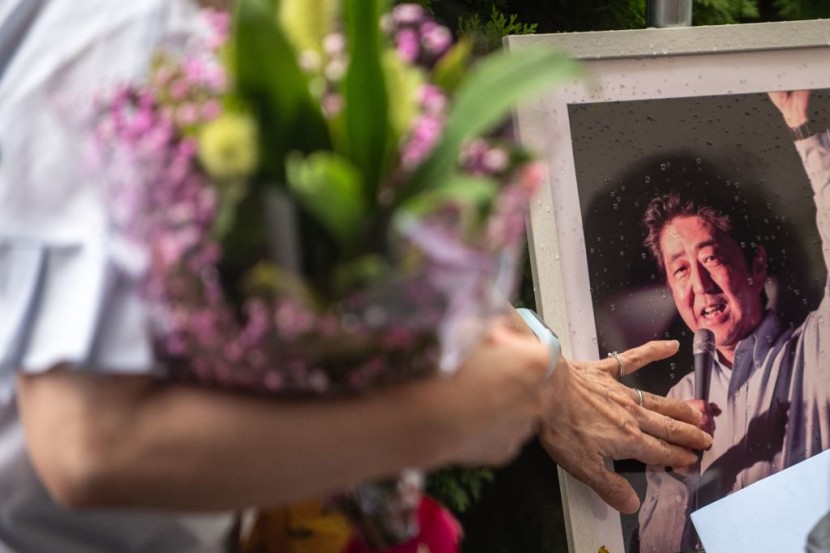
Japanese prosecutors have officially filed murder charges against the man they believe killed former Prime Minister Shinzo Abe.
Tetsuya Yamagami, 41, was detained shortly after he reportedly shot former Japanese Prime Minister Shinzo Abe with a handmade pistol when Abe was giving a campaign address in Nara, western Japan, in July.
The approximately six-month-long psychiatric assessment of Yamagami concluded on Tuesday. Prosecutors have determined he is capable of standing trial for Shinzo Abe murder, per Fox News.
The Nara District Court asserts that Yamagami also violated a law concerning the possession of firearms.
Yamagami faces the possibility of life imprisonment if he is convicted of Shinzo Abe murder, although the death sentence is only used in cases of repeated murders, according to experts.
There is still no definite date for his trial, but civil jurors will likely be included with the traditional bench judges, as is customary in Japan for trials involving murder and other severe crimes. Furukawa predicted that Shinzo Abe assassination trial would not commence for many months due to the intricacy of the case.
Multiple further accusations, such as weapon production, explosives legislation violations, and property damage, are being considered by police.
Yamagami's Supporters Appeal for Mercy
Those who grew up in the South Korean-based Unification Church, which is widely seen as a cult in Japan due to its reputation for forcing devotees to make large payments, are among those who have voiced sympathy with Yamagami.
Numerous individuals have donated comfort packages to Yamagami's family or the jail facility, and thousands of people have created a petition calling for Yamagami to receive some clemency in the Shinzo Abe assassination case.
On July 8, Yamagami shot Abe during a speech during an election campaign in the western city of Nara. He was then immediately apprehended.
Yamagami is said to have blamed Abe for supporting the Unification Church, which he hated because the church had allegedly conned his mother into giving them about 100 million yen ($1.1 million), which buried the family in debt, and put them out of business.
The assassination of Abe brought attention to the close ties that had existed between the church and the Liberal Democratic Party, Japan's governing party, for decades.
Case Opens Controversial Link Between the Unification Church and LDP
Abe's grandfather, former Prime Minister Nobusuke Kishi, allowed the organization to be established and expanded in Japan in the 1960s over mutually held conservative and anti-communist beliefs.
Established in 1954 in South Korea, the Unification Church is most known for its practice of mass nuptials. Its Japanese adherents are an important revenue stream, ABC reported.
There is evidence that the former prime minister was a target because of his association with conservative religious organizations.
Though the LDP insists there is no formal connection between the two, it does recognize that many of its members have links to the church.
Following the news, Prime Minister Fumio Kishida's approval rating plummeted to all-time lows.
In August, per AP News, the prime minister removed all of his ministers with religious connections, and in October, his minister for economic revitalization resigned due to the ongoing controversy over his ties to the church.
Japan opened an investigation against the church in November, which could jeopardize its legal standing.
© 2025 HNGN, All rights reserved. Do not reproduce without permission.








